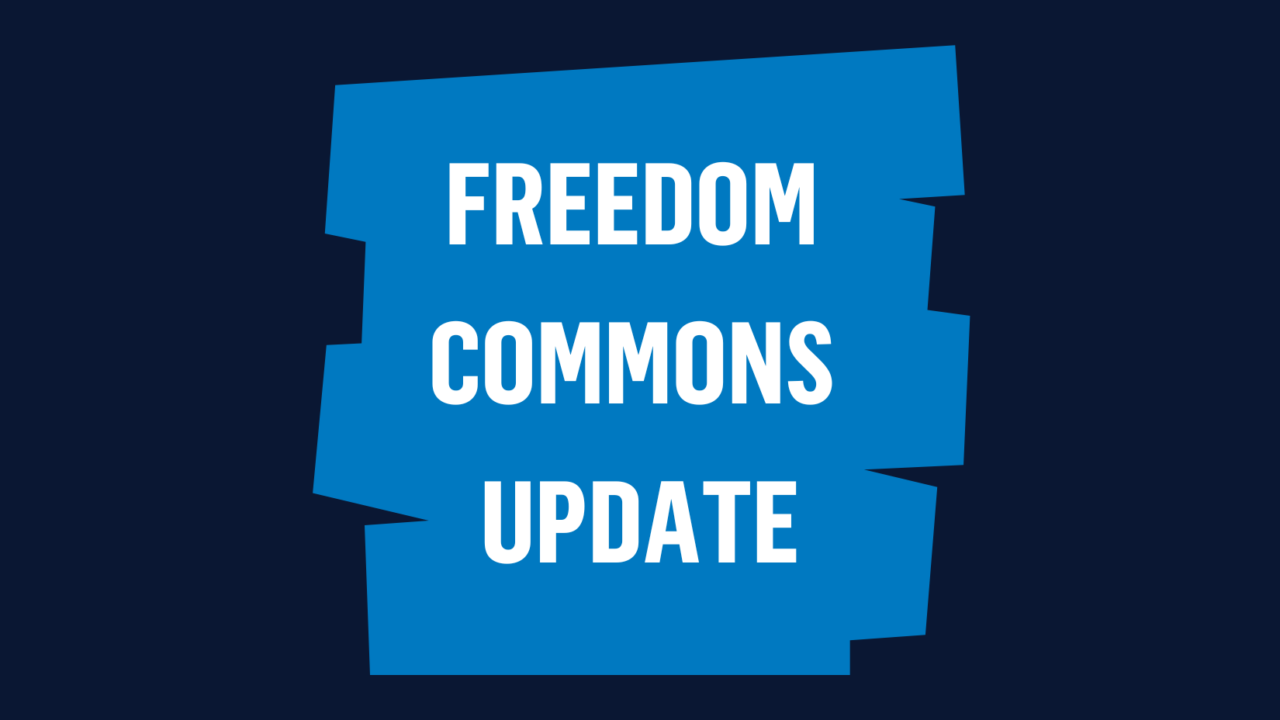End Trafficking In Government Contracting Act: Congress Heard Your Voice

November 2012
International declarations and protocols have long outlawed slavery and united governments in the fight against human trafficking. But there are still an estimated 27 million men, women and children in slavery around the globe. Ending slavery is a critical emergency for each victim, but it’s also urgent to protect U.S. national security.
The United States has a zero-tolerance policy on human trafficking, yet more than 250,000 people have been trafficked to work on U.S. government contracts in Iraq and Afghanistan over the past 10 years. It is estimated that unscrupulous, unregulated labor recruiters have profited $625 million from illegal recruiting to support work for the Department of Defense in Iraq alone.
Here’s how this illegal recruiting works: The victims—men and a women alike—are often third-country nationals from South Asia and Southeast Asia hoping for a better salary. Promised a safe job in a non-combat area like Dubai, these workers accept large debts to their recruiters that they expect to pay off quickly. But many are deceived; they find themselves actually working on a U.S. military base in Iraq or Afghanistan. Their passports and immigration documents are held for “safekeeping”—leaving them trapped abroad and vulnerable to fraud and abuse. The workers are paid very minimal wages and live in substandard conditions. It takes them years to pay off the excessive recruiting fee, and they have no means of escape.
The newly-passed End Trafficking in Government Contracting Act (S.2234 and H.R. 4259) prevents and deters this labor trafficking. It requires government contractors to take full responsibility for the actions of their subcontractors and recruiters. Contractors must notify the Inspector General if they receive credible evidence that a subcontractor has engaged in illegal conduct and must report those findings publicly. The Act also extends criminal prohibitions against fraudulent labor practices, including trafficking, to contractors and subcontractors overseas.
This legislation is a critical step towards protecting the thousands of third-country nationals currently serving on U.S. military bases overseas. We’re grateful this issue has been a priority across the U.S. government this year. The House acted on this legislation last May, President Obama announced an Executive Order to “Strengthen Protections against Trafficking in Persons in Federal Contracts” on September 25, and now the Senate has passed this legislation as well.
We still need Congress to do one more thing before they adjourn: pass the Trafficking Victims Protection Reauthorization Act (TVPRA). This landmark legislation provides the tools to fight trafficking and slavery both at home and abroad. It expired for the first time ever in 2011 and must be acted on before Congress adjourns this year.
If the United States is to continue leading the fight to end human trafficking and modern-day slavery, then we need to finish what we’ve started and pass this bill.
Call your Senators today using the sample script below. Thank them for passing the End Trafficking in Government Contracting Act and remind them that we’re not quite done yet—we need their help to pass the TVPRA before the year is out!
| “Hi, I’m calling from [City, State] and I’d like to thank the Senator for his/her support of the End Trafficking in Government Contracting Act, which recently passed. Ending trafficking is an issue I care about – especially in places where our government is working overseas – and I’m glad that the Senator does too. I’d also appreciate the Senator’s support on the Trafficking Victims Protection Reauthorization Act, which we hope will pass this year before Congress adjourns. Will you pass my message along to the Senator? Thanks!” |